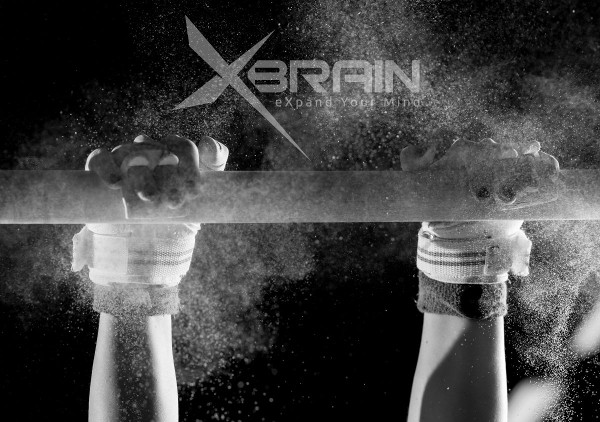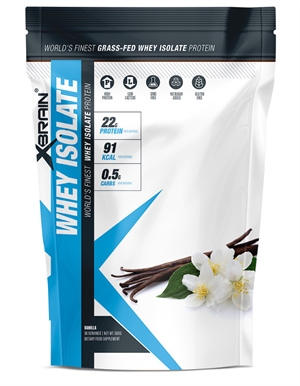
Micellar casein and whey are both the major forms of proteins found in milk. They are both complete proteins, meaning that they contain all ten of the essential amino acids that have to be obtained from the diet, and they will both provide the important anabolic branched chain amino acid leucine. Other than that, however, because of their very different rates of digestion, they have very different effects on the body. Despite their difference they both support an anabolic state, and, if taken together will work synergistically to increase lean muscle gain.
Protein supplements are a very important part of anybody’s muscle gain strategy. To gain proteins your body must synthesise more protein and the rate of protein synthesis directly corresponds to the rate of muscle gain. Proteins are made from amino acids, when we consume proteins in our diet they are digested to their amino acid building blocks, which are then used to synthesise the proteins that your body needs. There are twenty different amino acids found in human proteins; ten of these are considered essential, the body can’t synthesise them from other amino acids and they have to be obtained from the diet. In addition to being the building blocks of proteins, some amino acids have important signaling functions. For example the branched chain amino acid, leucine, stimulates protein synthesis by activating the mTOR (mammalian target of rapamycin) pathway. Other amino acids affect hormone balance, for example glutamine, which stimulates the release of the anabolic growth hormone.
The body can also use amino acids for fuel during times when carbohydrates are depleted. Amino acids can be converted to glucose in the liver through a process known as gluconeogenesis. This is why it is essential to maintain a positive nitrogen balance, ensuring a ready supply of free amino acid in the serum to maintain an anabolic state throughout the day.

Given all the above it might seem strange that different amino acid supplements might have different effects. After all both whey isolate and micellar casein are complete proteins, supplying all ten essential amino acids including leucine, what is the advantage of taking both whey and micellar casein? The truth is that the two types of proteins have very different rates of digestion and contribute to the anabolic state in very different ways.
Whey protein is highly water-soluble and digests and absorbs very fast. It causes a big peak in serum amino acid levels very quickly after it is taken. Micellar casein, on the other hand, is not water-soluble. In milk it is present as a suspension of tiny particles known as micelles, this is why it is called micellar casein. It reacts rapidly when it comes in contact with acid precipitating into a gelatinous curd. To visualize the differences between the two types of milk proteins you just have to think about what happens when milk is being turned into cheese. Either by adding rennet, or acidic substances like lemon juice or vinegar, the milk curdles. That is the micellar casein precipitating. The liquid surrounding the curds is called whey, and it is very rich in whey protein, which stays in solution, and which can be purified in the form of whey isolate.
The same thing happens whey whey and micellar casein proteins are taken as supplements and hit the stomach, which is very acidic. Whey protein remains in solution and is digested and absorbed very quickly. This causes a rapid peak in amino acid levels, including leucine, and a big jump in the rate of protein synthesis. However, this increase is temporary, soon the amino acids are used up and things go back to normal. Micellar casein, on the other hand, precipitates when it hits the acidic stomach environment, just the way milk curdles when you add acid like lemon juice to it. The precipitated casein digests very slowly. At first glance this might appear to be a problem, normally you look for supplements that digest very quickly and you might be worried that micellar casein will have low bioavailability. However, the precipitated casein also stays in the stomach for a very long time. It has a low gastric clearing rate, in technical language. As a matter of fact it has high bioavailability, you will get the amino acids contained in it, they will just be released into your blood stream at a slow, steady rate. This is incredibly helpful in maintaining a positive protein balance, and therefore an anabolic state, especially during periods when you are not eating meals, such as during the night, for example.

If you rely only on fast release protein supplements, such as whey protein, you would have to be taking them almost constantly to maintain the required amino acid levels in your blood serum to stop your muscle proteins being broken down when glycogen stores become depleted. Obviously this is not practical. On the other hand, scientific studies have shown that a micellar casein supplement results in gently elevated amino acid levels for seven hours after taking it, helping you keep your body in an anabolic state. A study published in the prestigious Proceedings of the National Academy of Sciences (PNAS) journal found that the fast digesting whey supplement caused a brief 68% increase in protein synthesis rates. Micellar casein had a more modest effect on stimulating protein synthesis, with a 31% increase, however it had a significant, long-lasting effect (34%) on decreasing the rates of protein breakdown, which whey protein did not do. The best combination appears to be to take whey protein supplements during periods when muscle gain is increased naturally, such as after a workout, when growth hormone levels peak. On the other hand micellar casein supplements should be taken during periods when carbohydrates will be depleted, such as first thing in the morning, or in the evening, to maintain an overall anabolic state. This supplementation strategy appears to be the most effective for maximum lean muscle gain.

